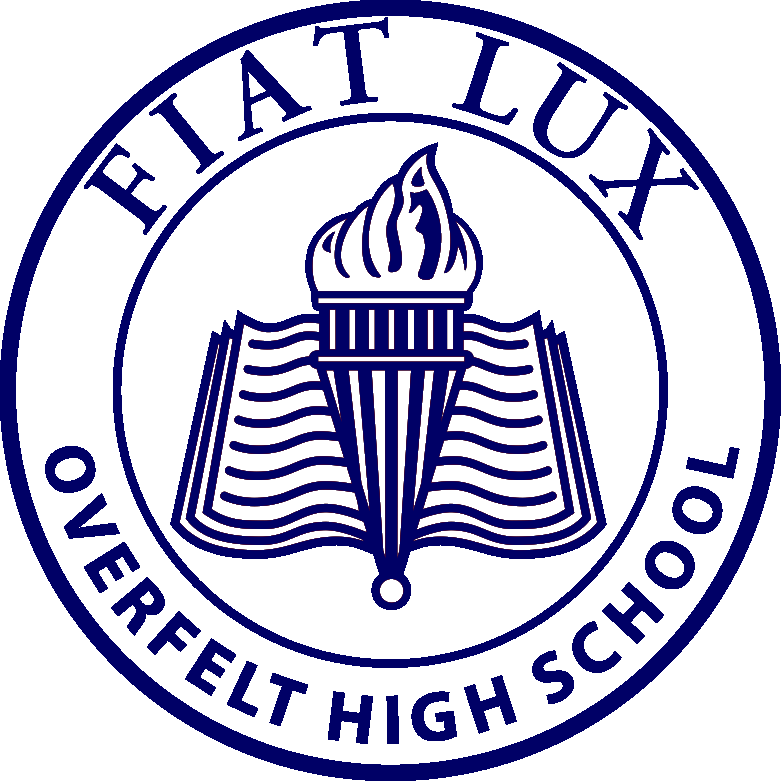
AP European History

AP European History
Johann Tetzel (c. 1465-1519), a wandering friar, was authorized by Pope Leo X to sell indulgences (which guaranteed the remission of sins), the proceeds of which would be used to rebuild St. Peter’s Church in Rome and to provide funds to local dioceses.
Martin Luther (1483-1546), a Roman Catholic priest, Augustinian monk, and theologian at the University of Wittenburg in Germany, condemned these sales as impious expediencies. Tormented by obsessions of his own damnation despite a life dedicated to holy service, he came to believe that the traditional means of attaining salvation (Good works, such as the sacraments, prayer, and fasting) were inadequate. He supposedly nailed his 95 Theses to the door of the Wittenburg church (his day’s equivalent of calling a press conference), listing the points of his opposition to the indulgences and inviting debate.
When an appeal to Pope Leo X (r. 1513-1521) for reform of this abuse went unanswered, Luther began to formulate the tenets of his beliefs, ideas that he had been mulling over for nearly a decade.
Tenets of Lutheranism as published in a series of tracts:
Luther publicly burned a papal bull, an official proclamation that demanded his recantation, and he was excommunicated by Pope Leo X. Holy Roman Emperor Charles V; instead of arresting Luther and suppressing Lutheranism, which had a growing appeal in Germany and Scandinavia, honored a political debt to Frederick the Wise, Elector of Saxony, by refusing to outlaw Luther without a hearing.
Luther was called to the Rhineland in Germany to appear before The Diet of Worms, a tribunal of the Holy Roman Empire with the power to outlaw, i.e., to condemn to be burned at the stake. Confronted by the sharpest theological debaters of the Roman Catholic Church, Luther contended that only the Bible or reason would convince him. “I neither can nor will I recant anything, since it is neither right nor safe to act against conscience.” The Diet outlawed him. “Kidnapped” to safety in Wittenberg by Frederick the Wise, he organized his reformed church and translated the Bible into the vernacular, profoundly influencing the development of the modern German language.
Lutheranism spread. Preoccupied with wars against the Ottoman Turks and the French, Charles V; Holy Roman Emperor, was ~able to suppress the growth of Protestantism in northern Europe. In addition to northern Germany, Denmark and its province of Norway, Sweden and its holdings in Finland, and the Eastern Baltic all embraced Lutheranism.
A group of Anabaptists, who preached adult baptism and the equality of all Christians, began to spread their ideas in Germanic states and their religious movement began to gain ground.
A league of knights, under the leadership of Franz von Sickengen, converted to Lutheranism and attacked the Catholic princes of the Rhineland. They were suppressed, but this clash encouraged most of the German princes to convert. One motive for von Sickengen’s followers and the later conversions was the financial gain brought by confiscating Roman Catholic lands.
Luther’s theological dissent inspired a variety of radical religious sects to form and to demand social reform based on the early Christian model. Demanding abolition of manorialism, the economic and social order of medieval feudalism, German peasants rebelled against the landowners, and Germany was wracked by the Peasants’ War. Luther supported the princes by publishing Against the Murderous, Thieving Hordes of Peasants.
The Anabaptists supported the revolt, and Luther targeted them in some of his most specific chidings. He was appalled by these extremists and others who, he believed, took his ideas too far. The Anabaptists who preached adult total-immersion baptism, and the Millenarians, who expected the imminent return of Christ. He condemned the rebels as “filthy swine” and encouraged the princes to exterminate them.
The radical revolt influenced Luther to demand that his followers obey constituted authority and that, while they read the Bible themselves, they leave its interpretation to knowledgeable ministers. His social and economic conservatism helped check the spread of Lutheranism in southern Germany and elsewhere in Europe.